For help, advice and telephone ordering call our team on 0121 666 6646
Are you sure you wish to delete this basket?()
This action cannot be undone.
Sorry, something went wrong
Please report the problem here.
Author Tom Avery reveals the inspirations behind The Magic of Endings

March 7th 2023
Excellent for Years 5 to 8, Tom Avery's latest junior fiction novel explores themes of loss, fantasy and adventure. Following a young boy named Jojo Locke as he searches to remember his father, who disappeared six years ago, the book expertly weaves a thought-provoking plot around traditional folklore and mythology. In our guest blog, qualified teacher Tom reveals the inspirations behind the story and why it's the perfect read-aloud story for Year 6.
Mythology and folk stories
I have always been fascinated by the rich store of mythology and folk stories in Britain. I grew up on the fairy tales recounted by the great Ruth Manning-Sanders and illustrated by Robin Jacques in their A Book of series. I was fascinated by Tolkien’s idea, to not just write a story but to conjure one which resonated with the ancient magic of English mythology.
The stories I loved as a child, and now love as an adult, have opened to me the world beyond, behind and between our own...through wardrobes filled with fur coats, beneath the streets of London, and over walls that keep a magic kingdom penned in. This is the tale deeply woven into our collective story-telling, a realm of magic just out of reach. It has long been a dream to open a new window to that world. The Magic of Endings is my attempt to do just that.
Mischievous creatures
In those old stories that I loved, that speak to us all, the world was never populated by Disneyfied, sparkly fairy folk but mysterious creatures some benevolent, some bent on mischief or harm, most with motives hidden and confidences kept. My character of Aunt Pen, the faerie queen Penperro, holds to that enigmatic façade whilst drawing on the threads of great literary mentors, part playful, probing rogue, and part sage, wiser and more powerful than is ever revealed. She is of course redolent with eccentric magic, governed by its own rules.
1960s fantasy sitcoms
For every fantasy world there is a new way to cast magic. There are the true words of Ursula K. Le Guin’s Earthsea, the music of Garth Nix’s Old Kingdom series, the practical magic of forgotten books in Susanna Clarke’s alternative England. But how to bind magic to a queen like Penperro? The surprising source of inspiration for Pen’s magic was not literary but the cosy, American, fantasy sitcoms of the 1960s: Bewitched and I Dream of Jeannie. Twirling heads and twitching noses became Aunt Pen’s blink and flash of light.
Teaching children
Jojo Locke is based on a real-life Jojo, a boy I taught in East London. In the story, Jojo Locke’s quiet centre is born from what he shares with so many others, both in literature and reality: the absent father. Missing people and faeries go hand in hand in folk tales of changelings and goblin kings. What if Jojo’s father absence was not of his own making but the result of magical forces? How far would a son go into the world of faerie to rescue his dad?
I've taught Year 6 for a long time. It's such a precious year - so much growing and change as children prepare to step from the protective nest of primary into the big world beyond. We join Jojo in that moment, the summer between the two; that liminal, transitional, magical, uncertain space. I hope this book will be read aloud to many Year 6 classes as they approach the unknown. I hope that other real-life Jojos, quiet ones, ones with lives lived behind thoughtful eyes, see themselves between its pages. I hope children suffering loss find ways to remember and commemorate and heal. Books are magic.
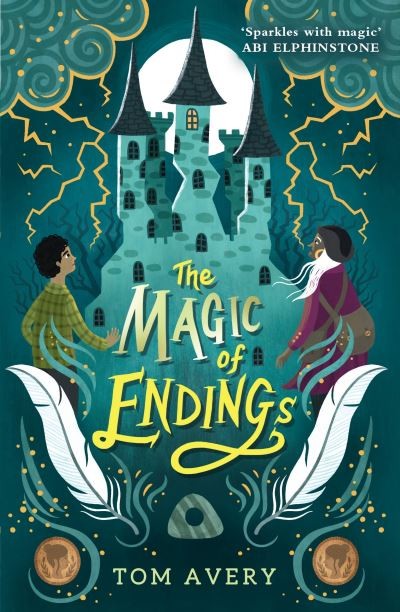 |
Discover Tom Avery's latest releaseThe Magic of EndingsOur expert team said: "It's an imaginative tale, expertly crafted, full of magic and wonder. A delightful read, tackling deep emotions as the main character finds his courage to complete his quest. It tackles loss of a family member and dealing with that loss and loss of memory for the whole family. The story weaves around much mythology and the faery characters are charming. By going on a quest to find his missing father, Jojo discovers himself. Trevor, the farting dog, adds nuances of humour to this heartfelt adventure." |
More magical junior fiction books
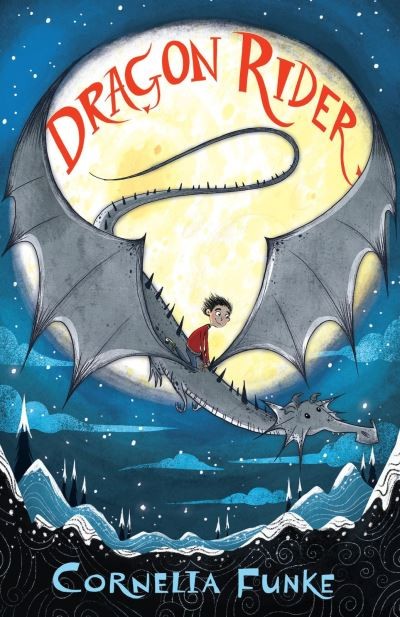 |
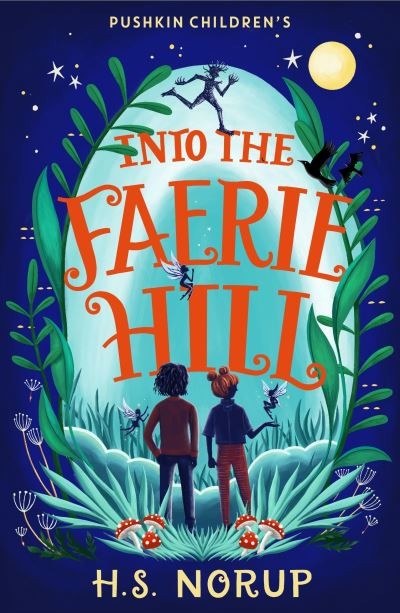 |
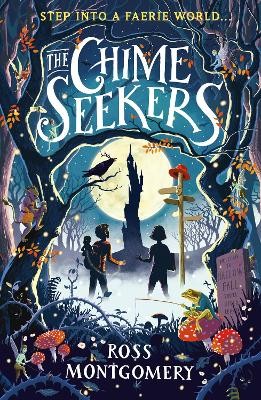 |
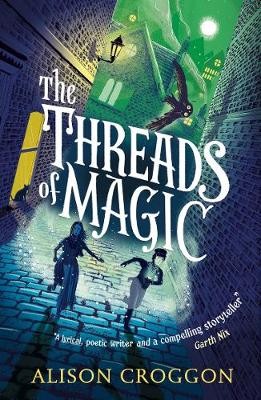 |
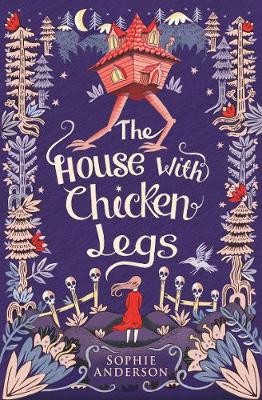 |
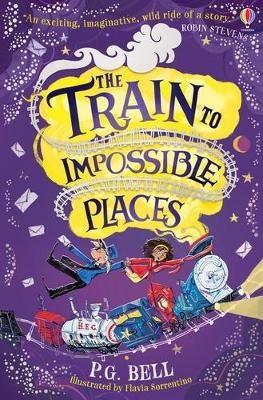 |






